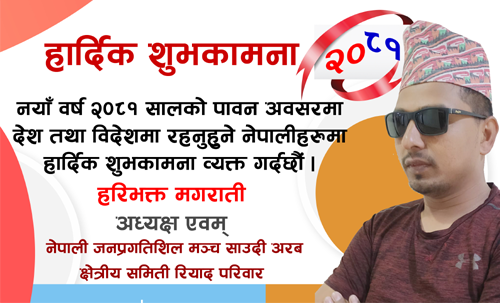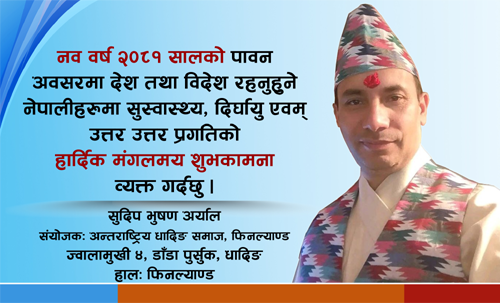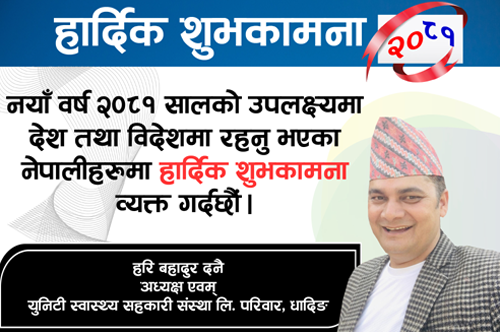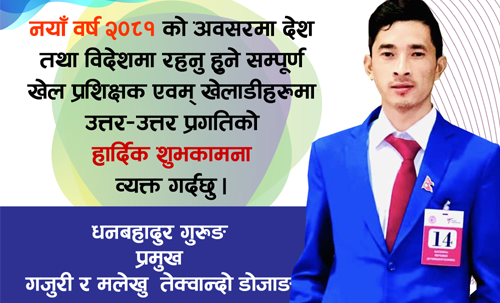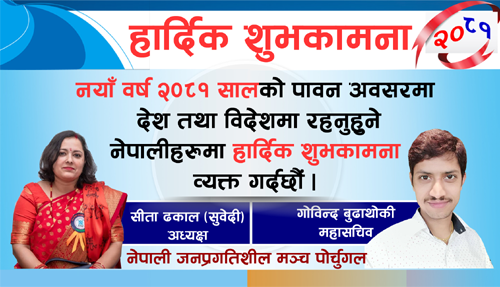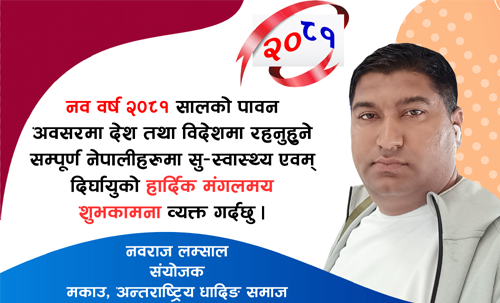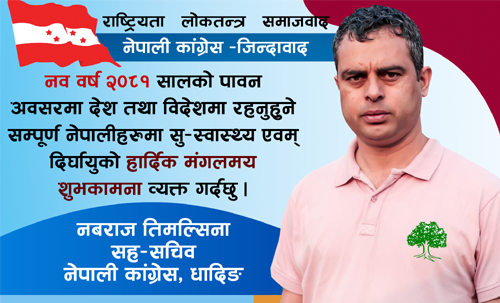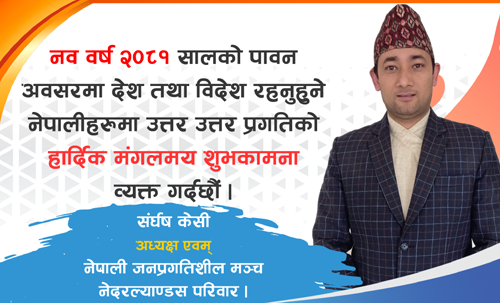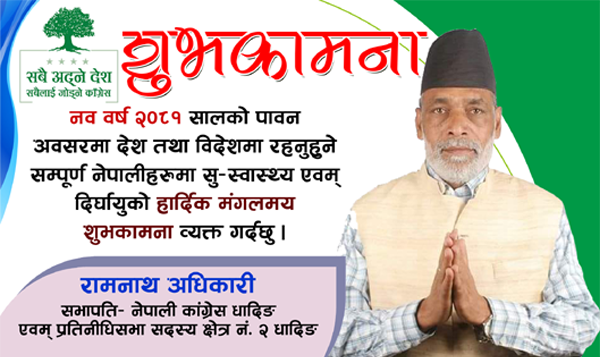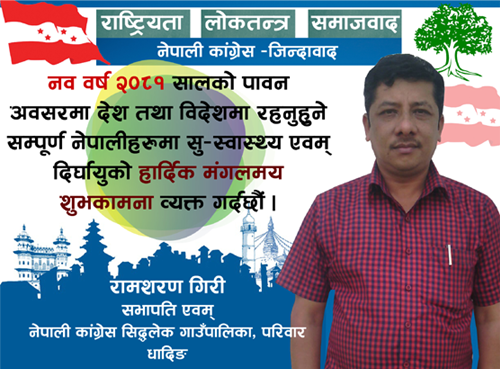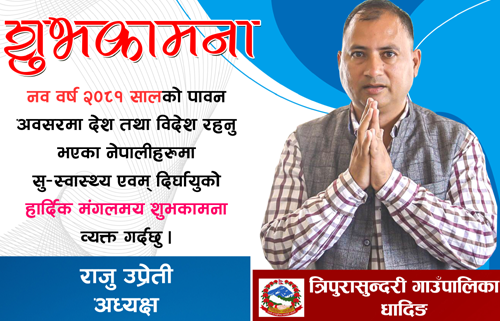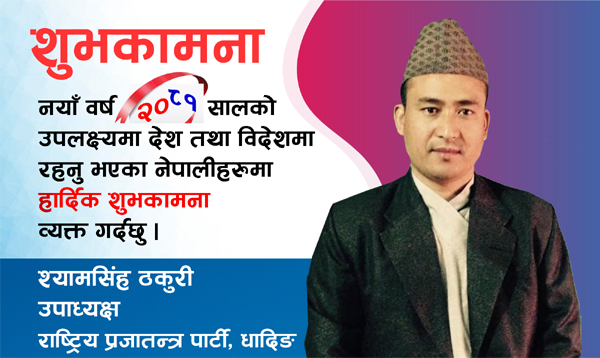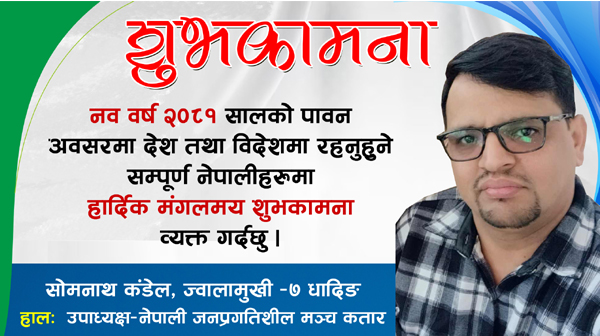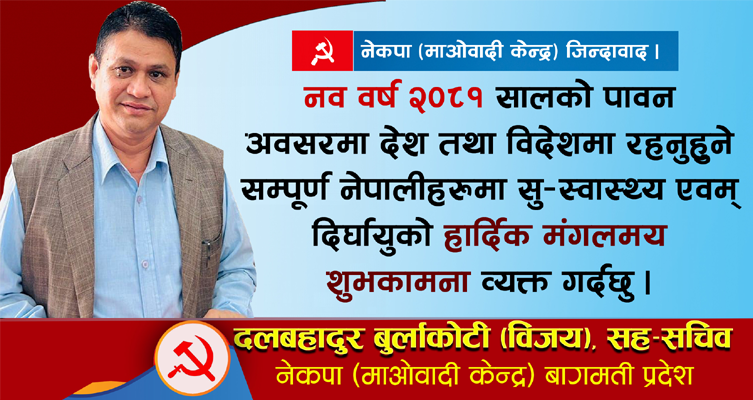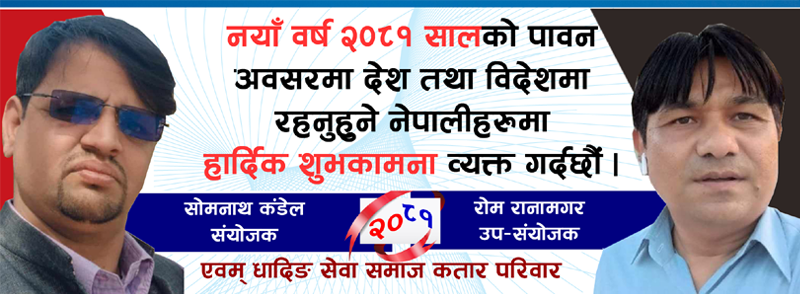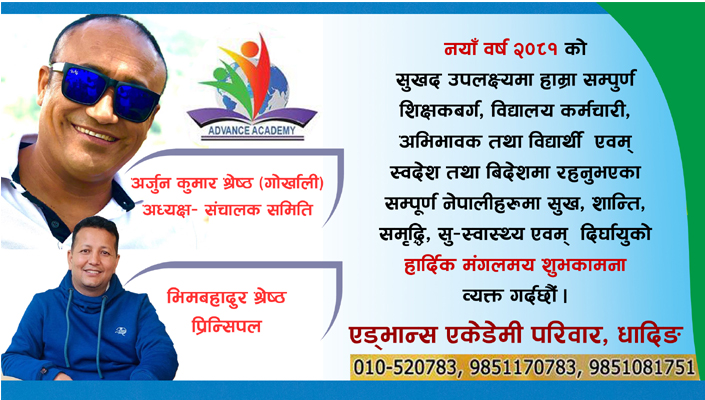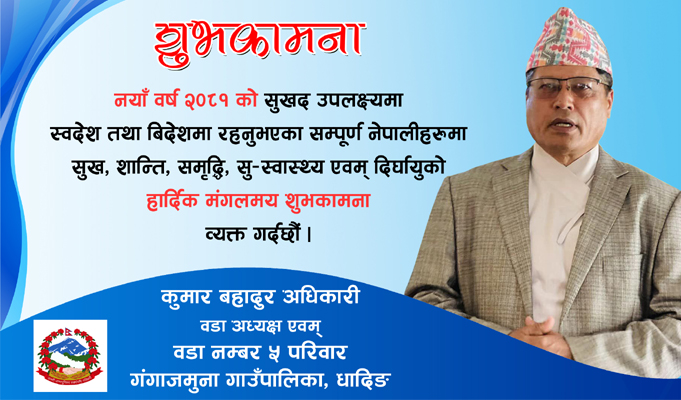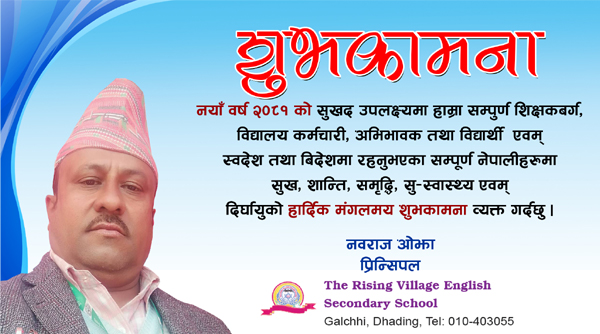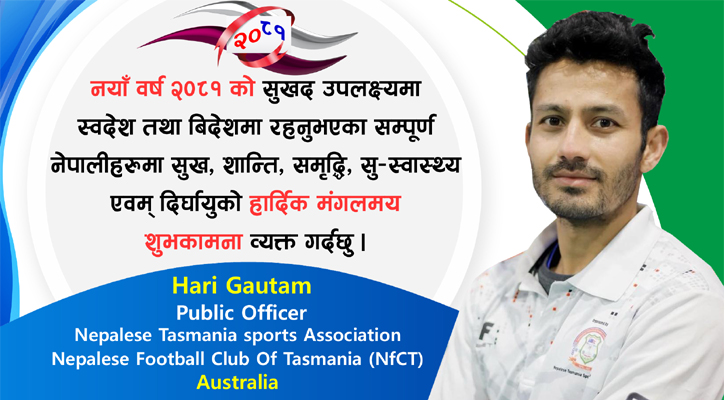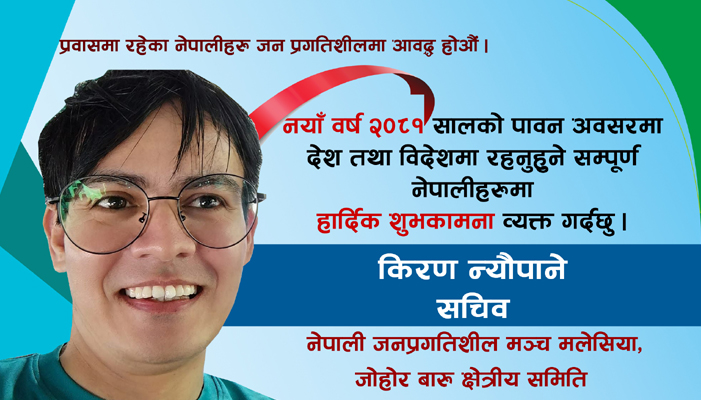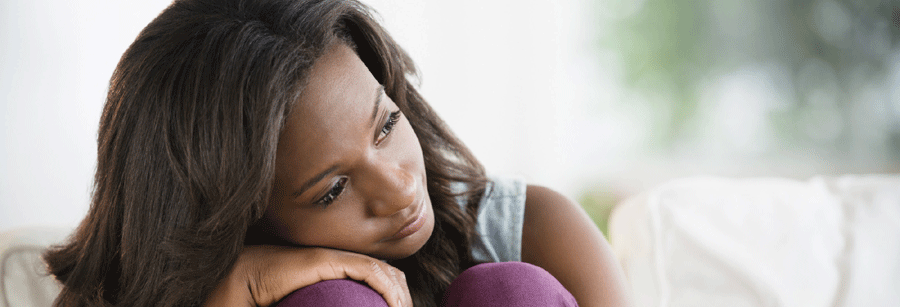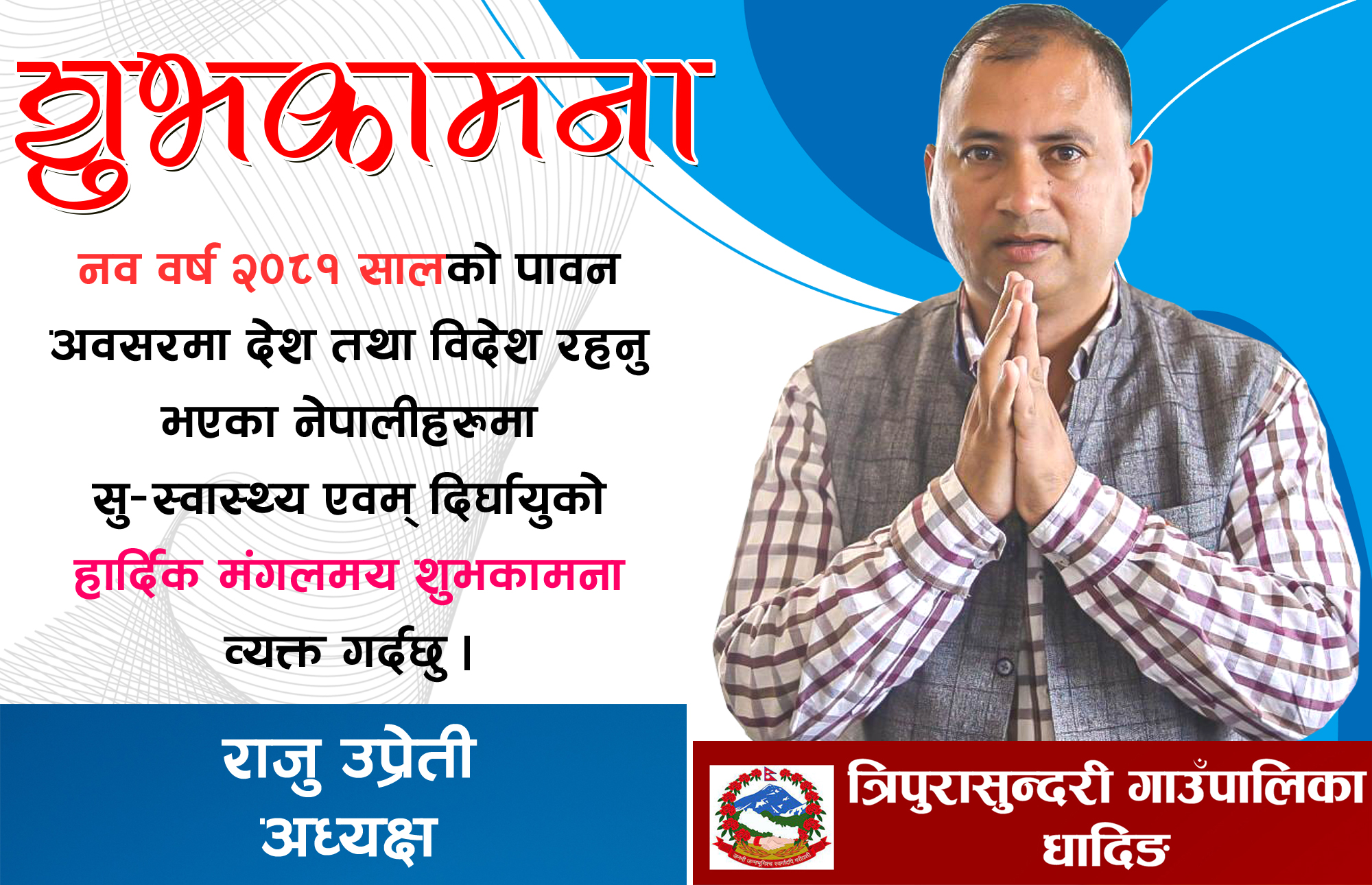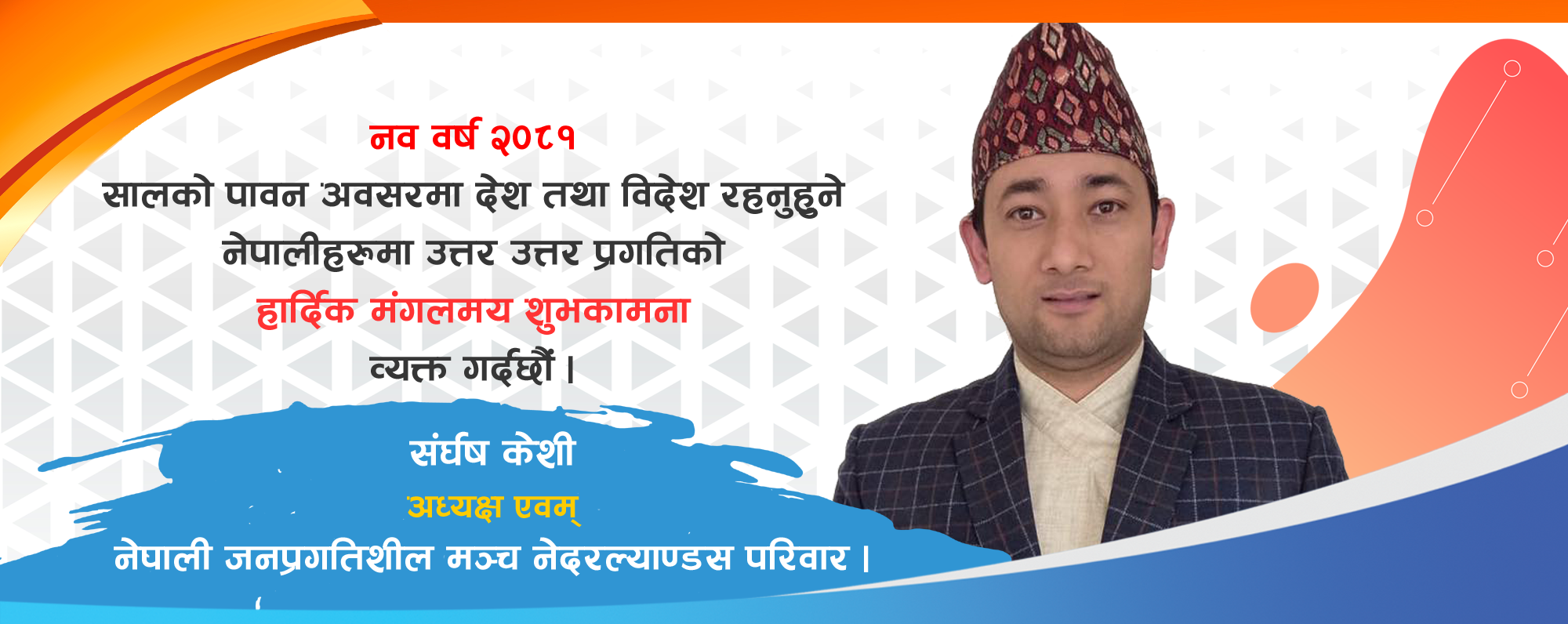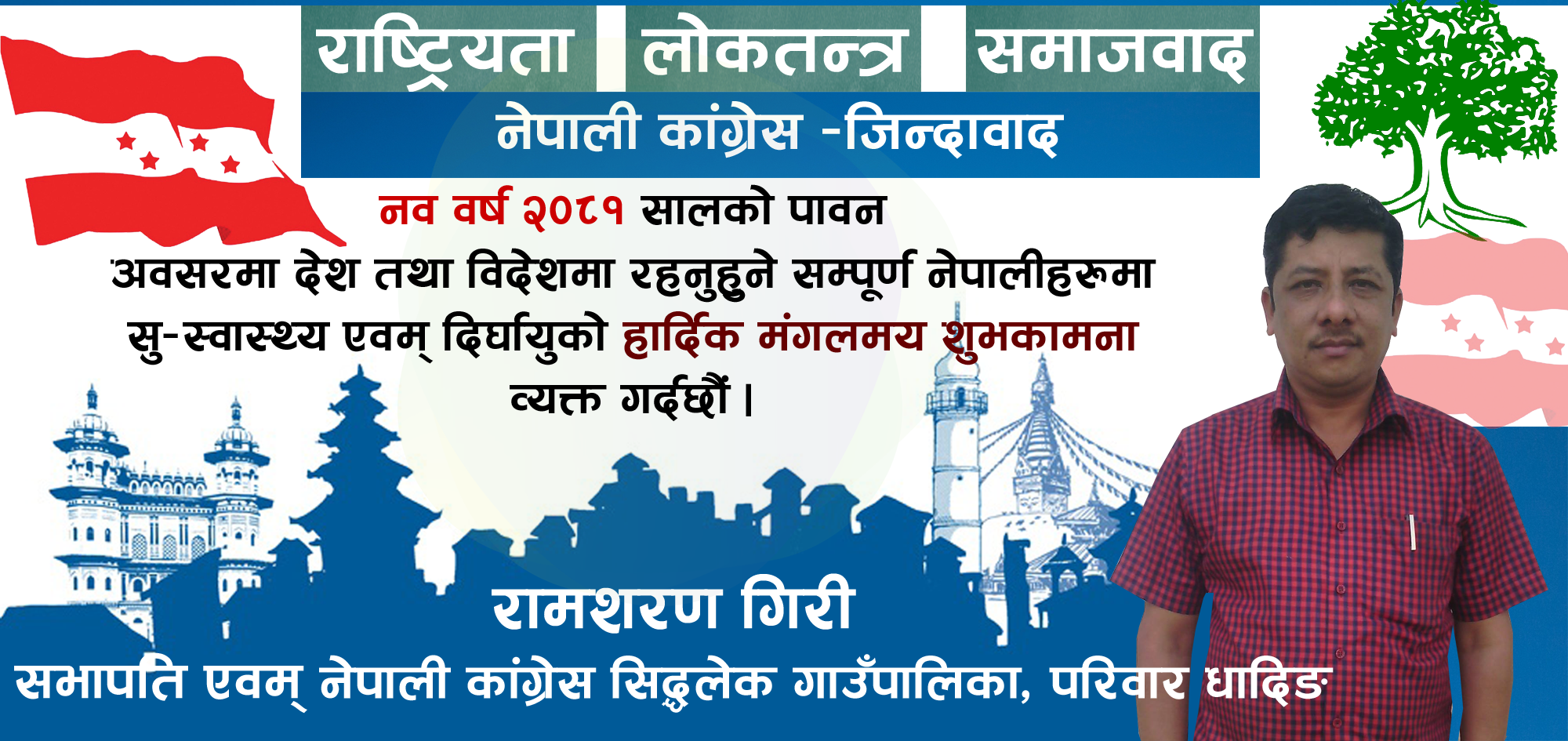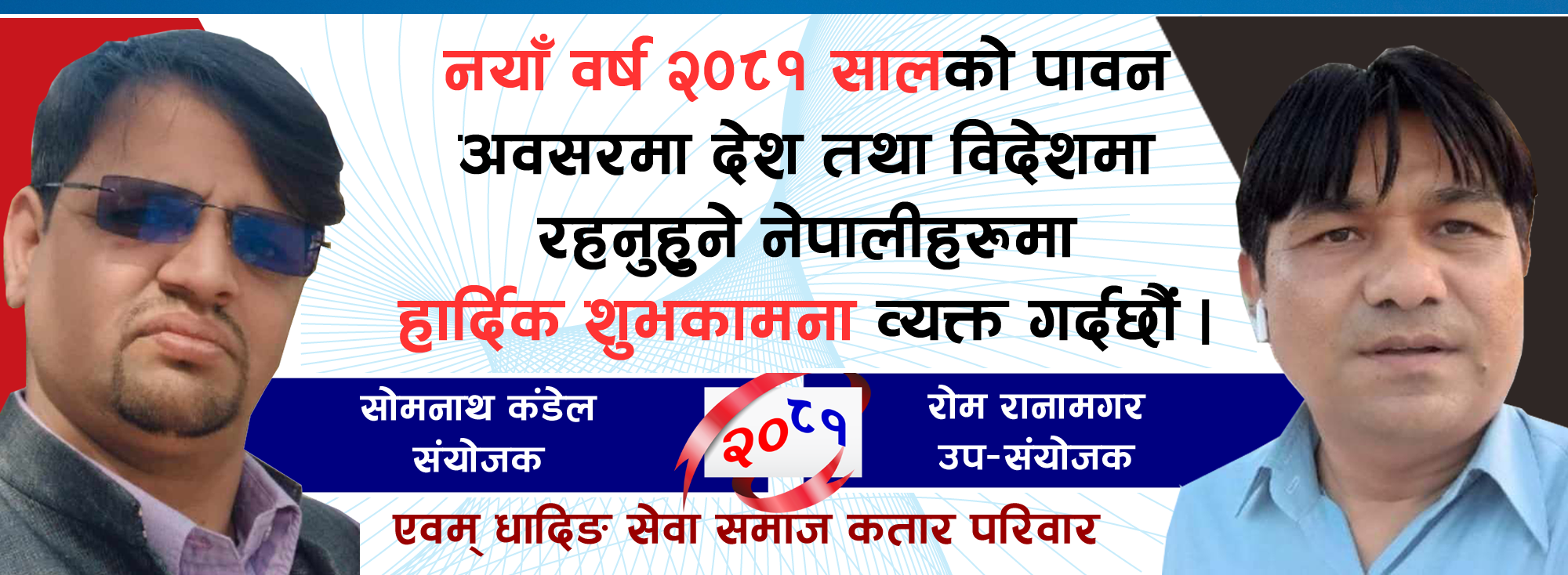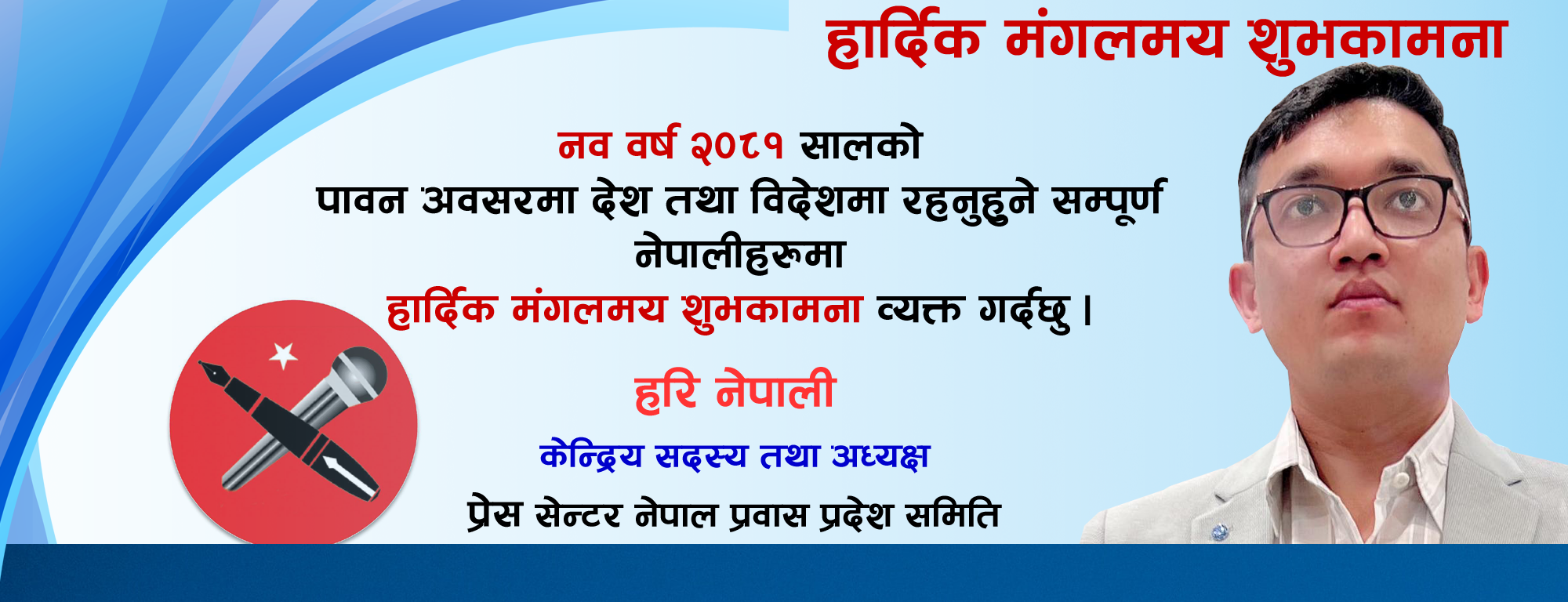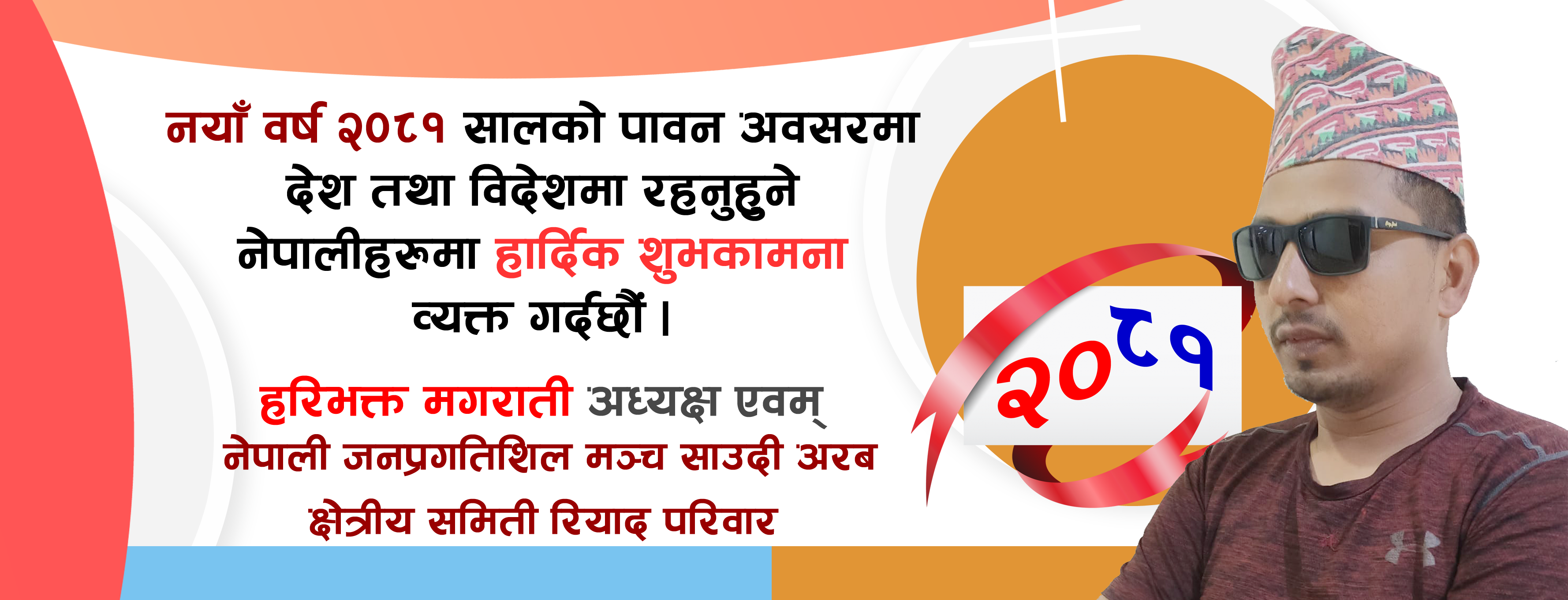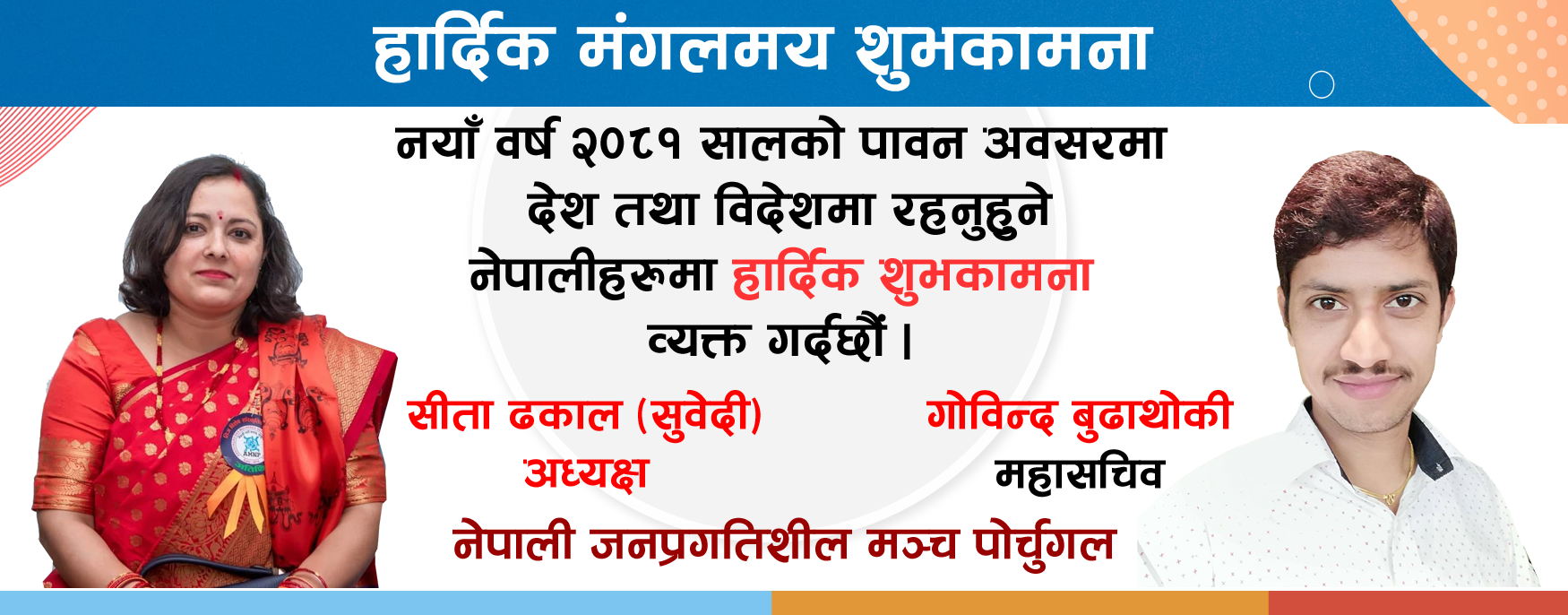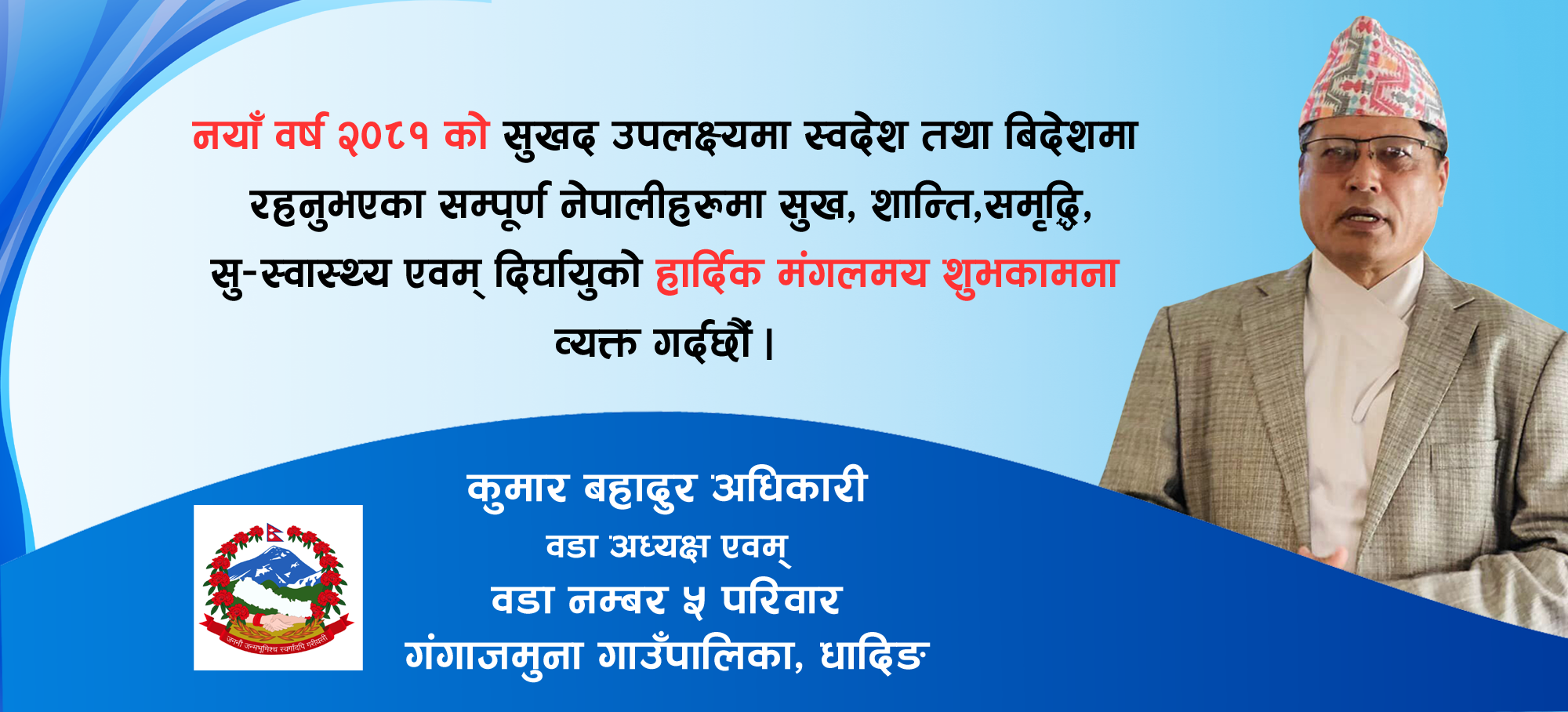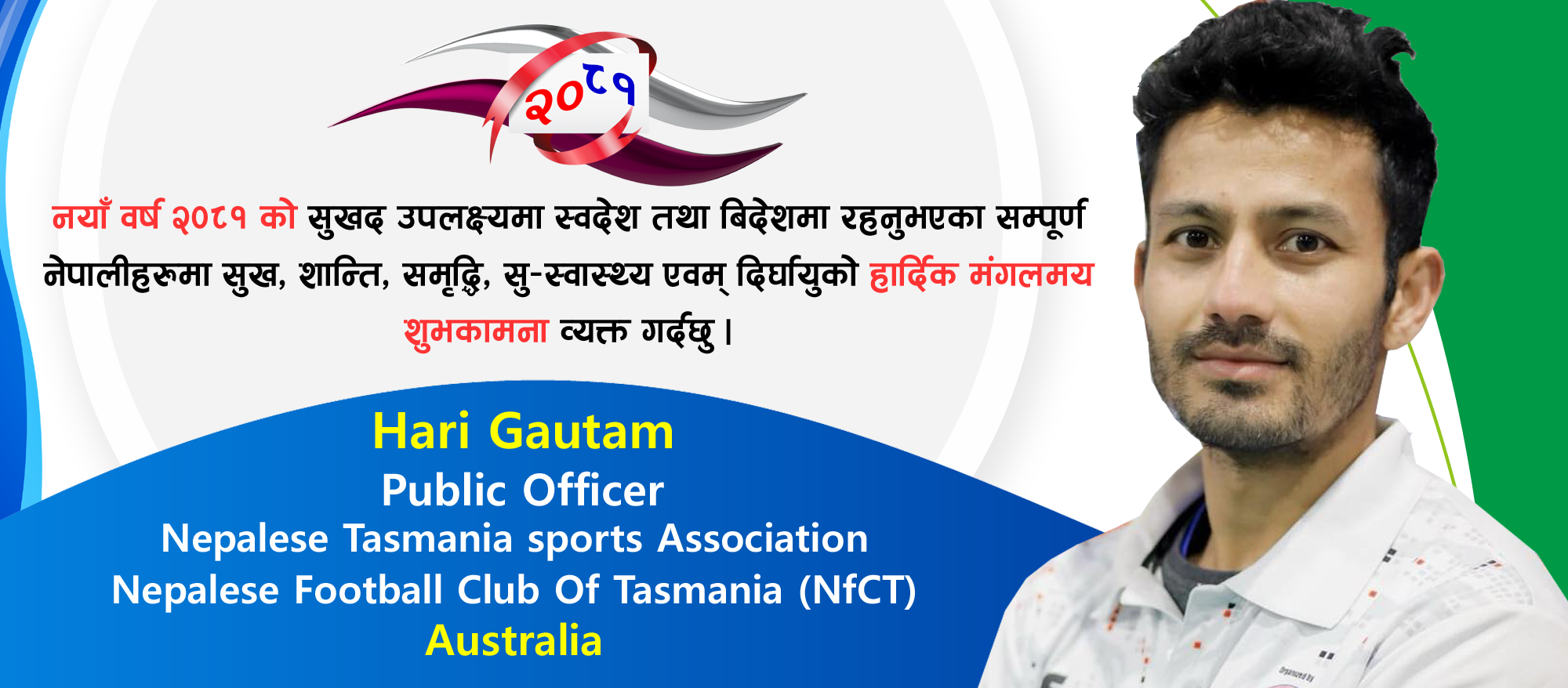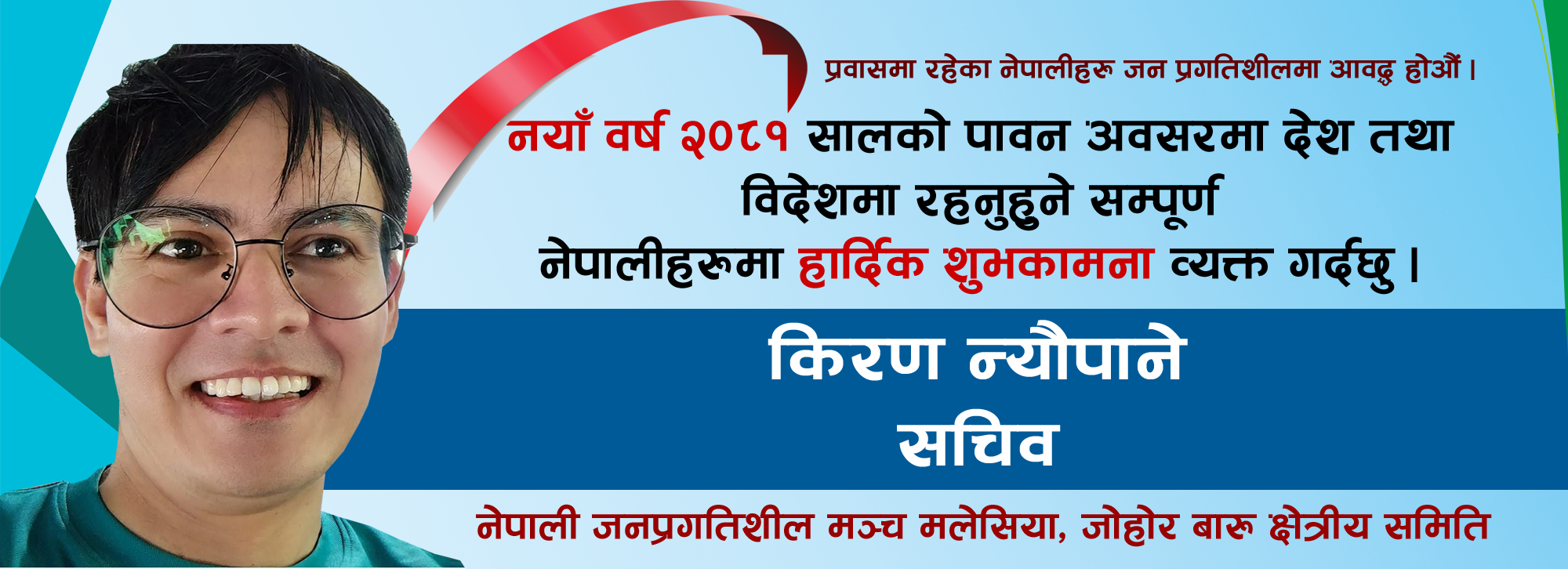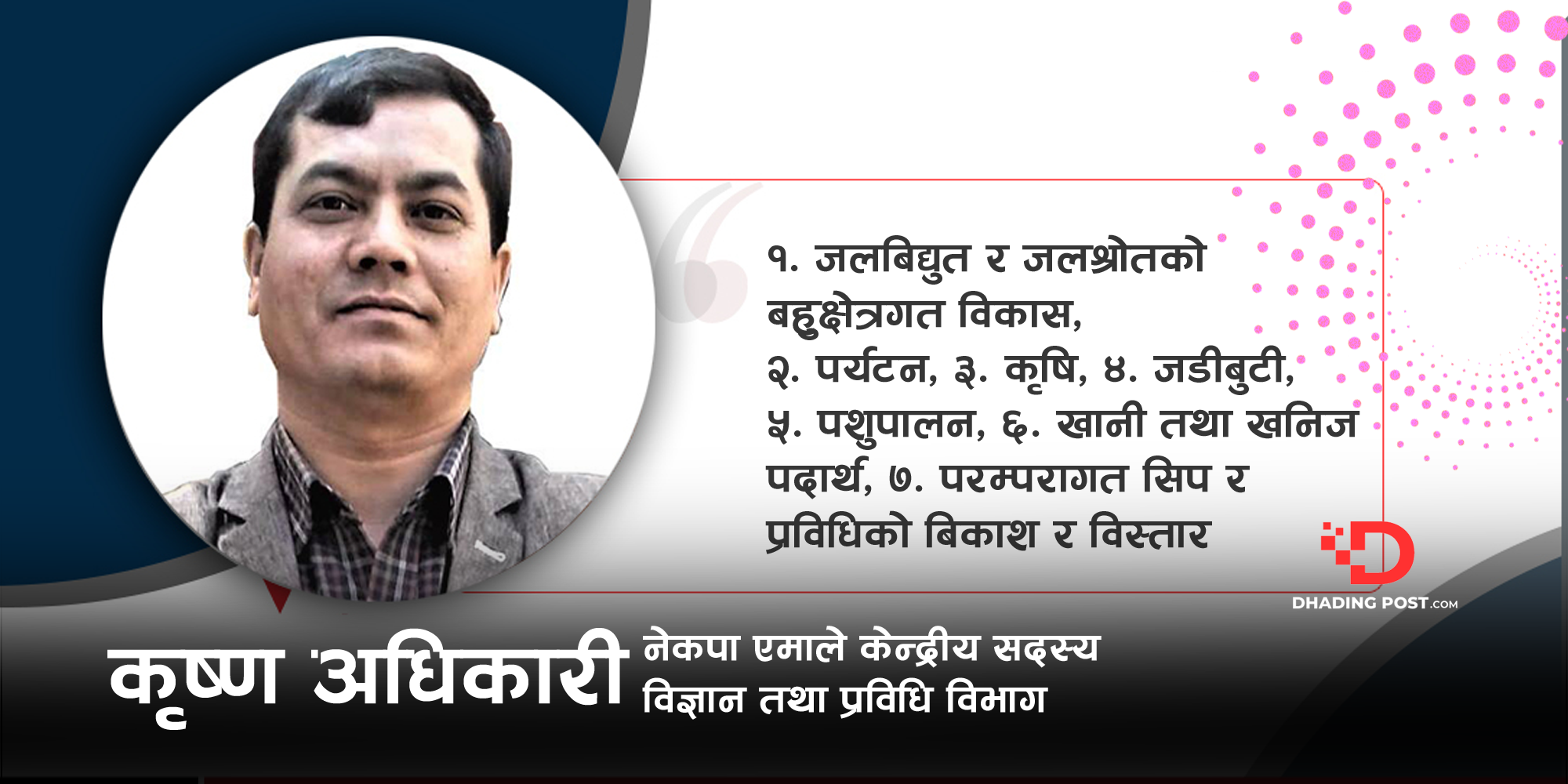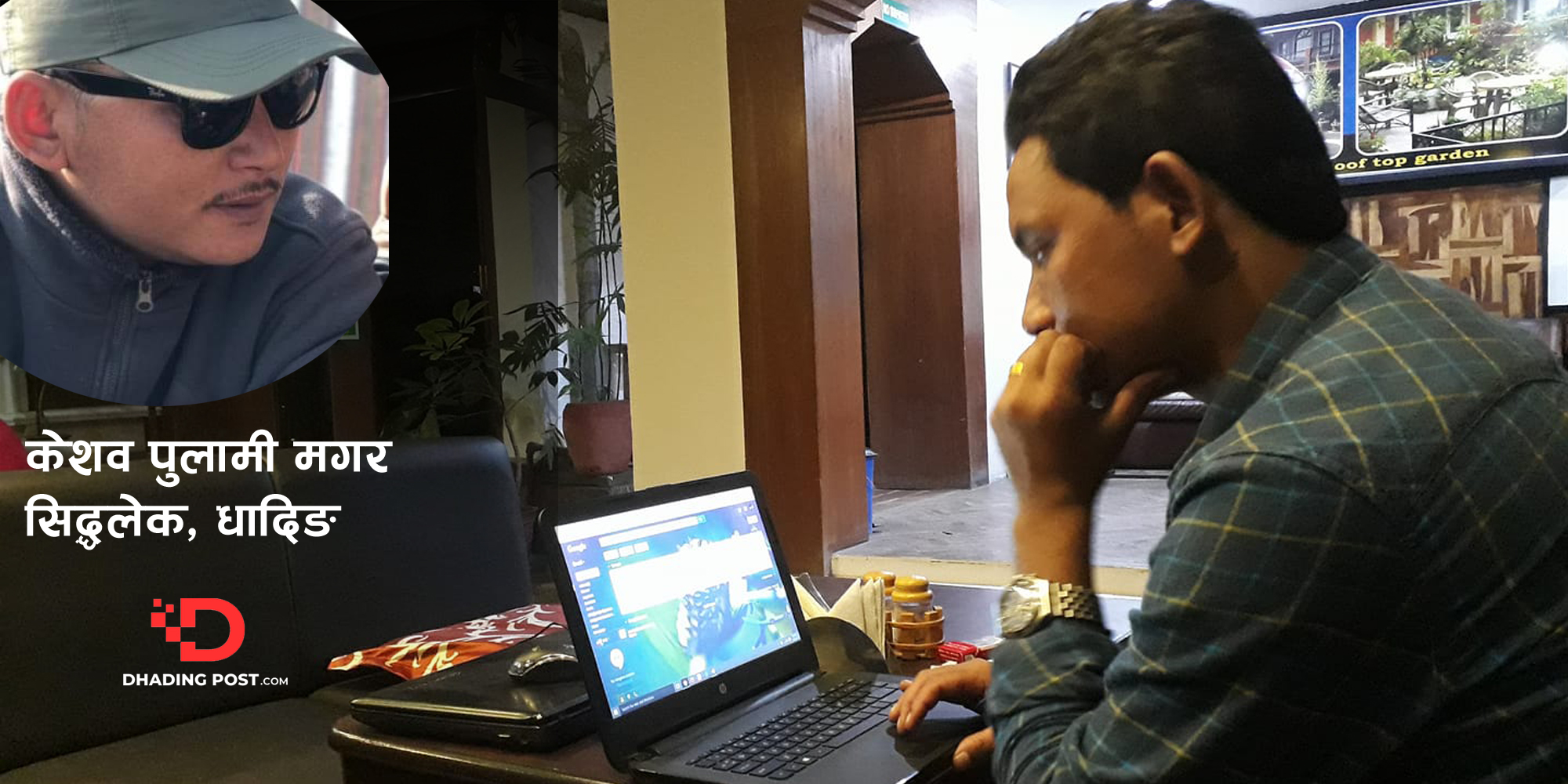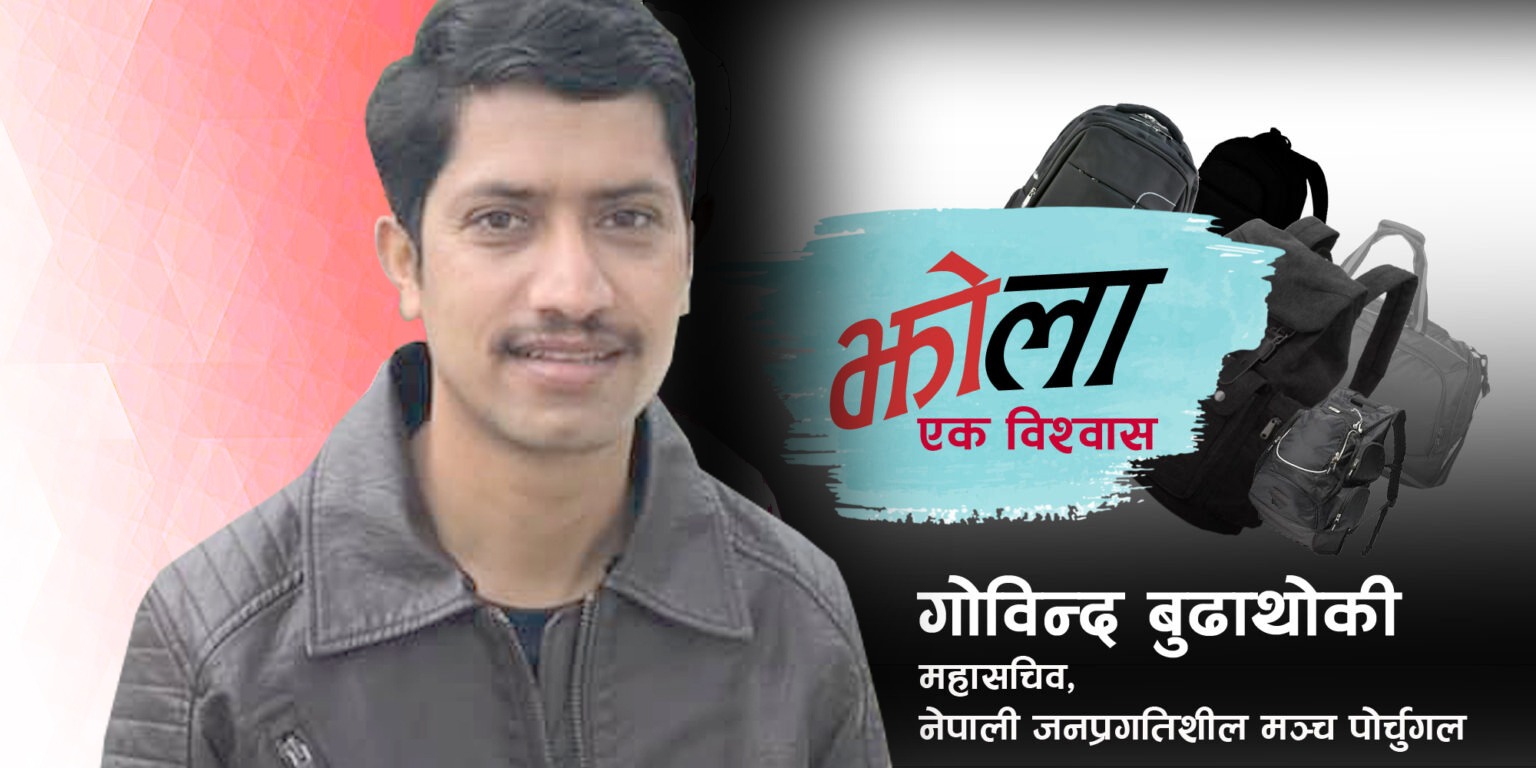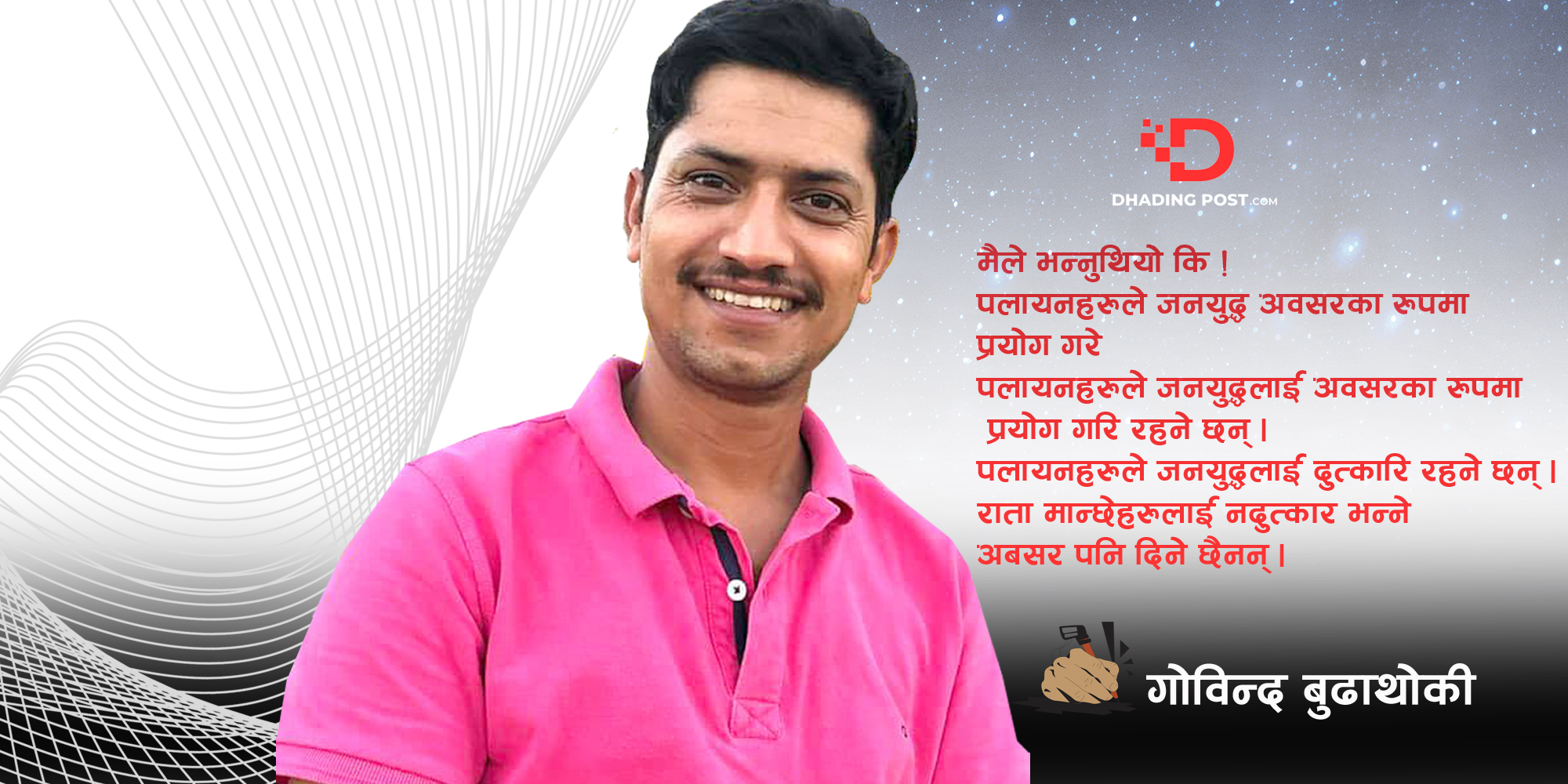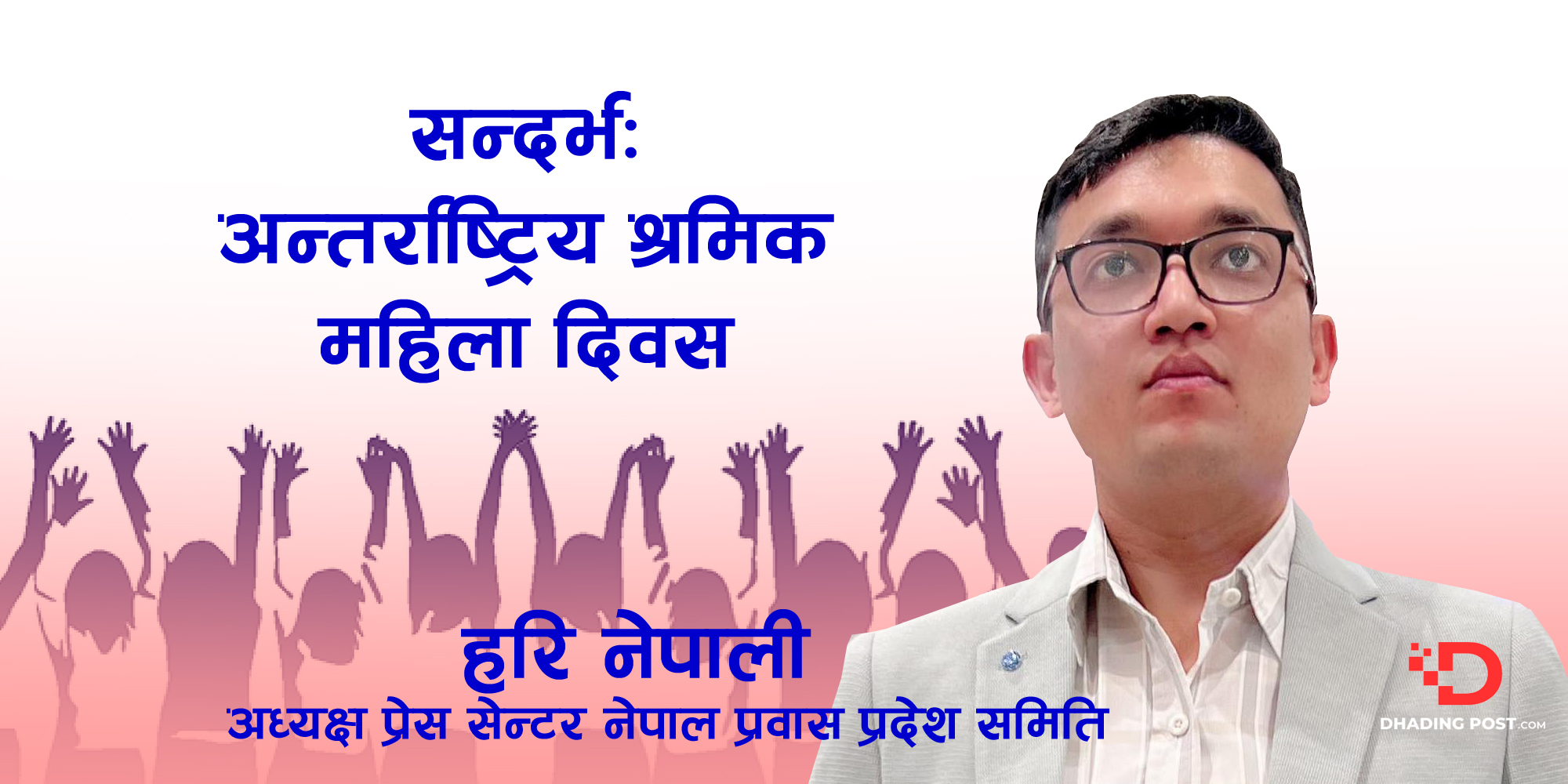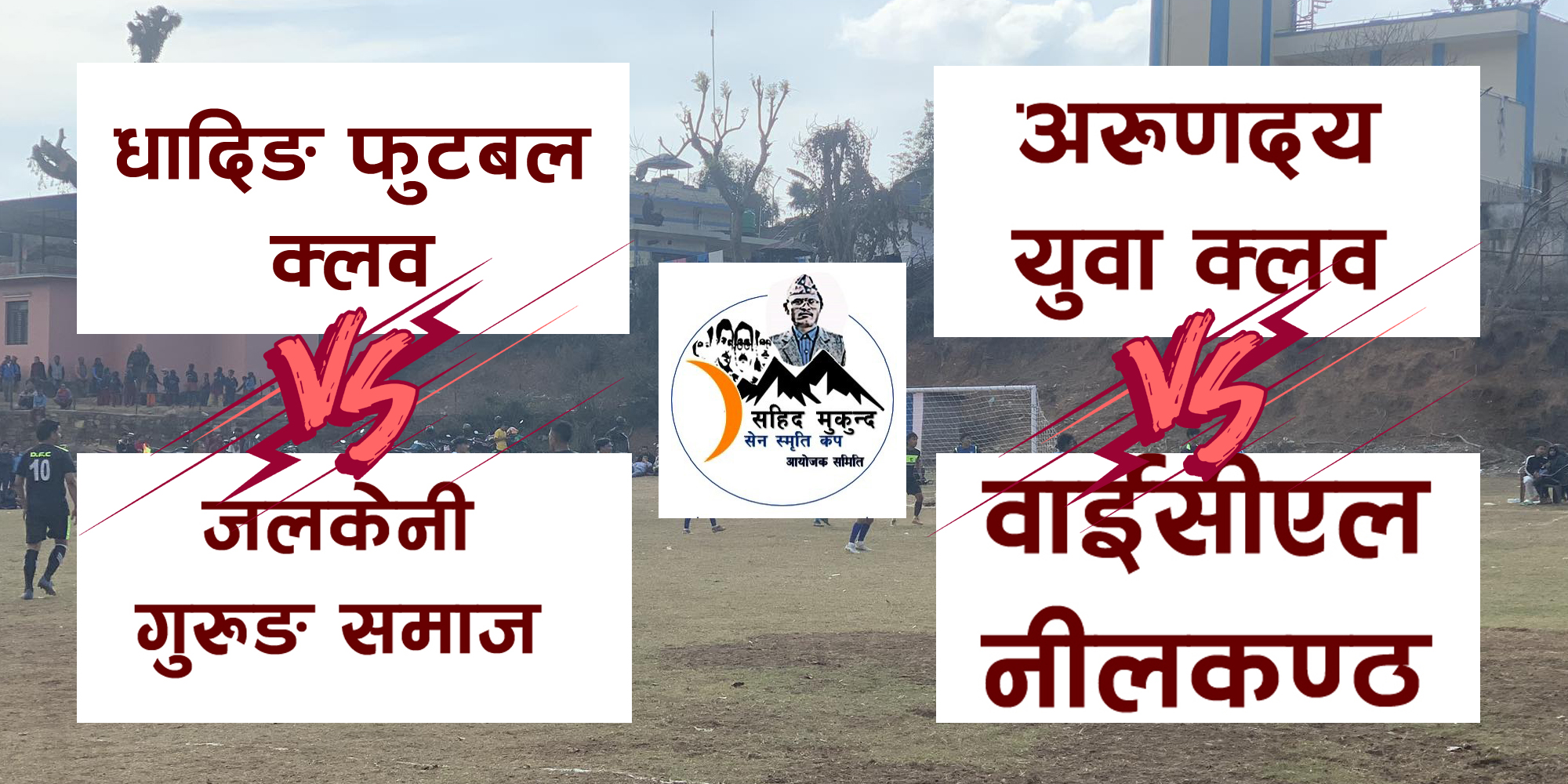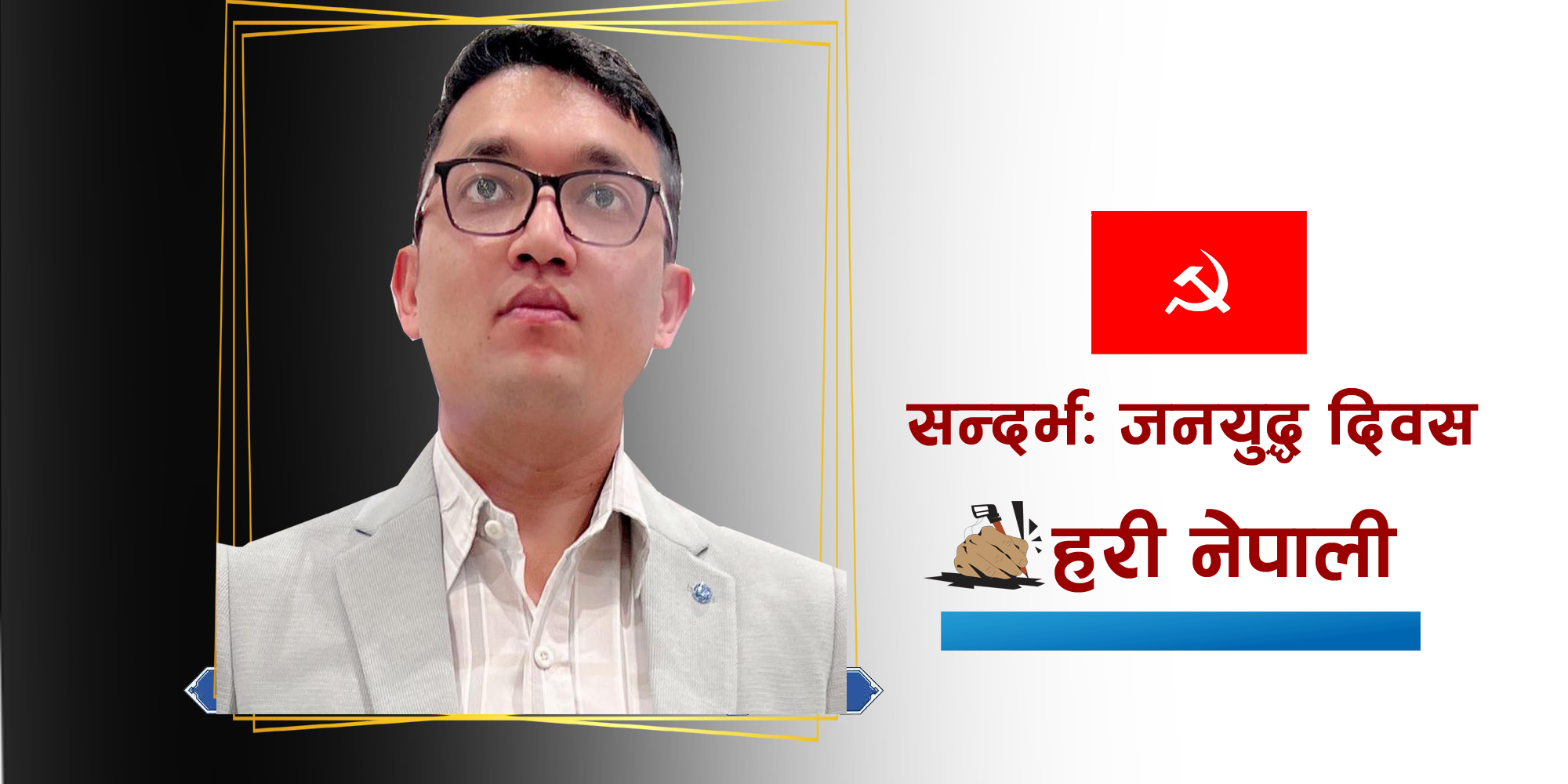Depression is a common mental disorder, characterized by sadness, loss of interest or pleasure, feelings of guilt or low self-worth, disturbed sleep or appetite, feelings of tiredness, and poor concentration. Depression is a state of low mood and aversion to activity that can affect a person’s thoughts, behavior, feelings and sense of well-being. Depression is an ancient disease that has affected millions of people. As far back as the 4th century BCE, Hippocrates described the symptoms of depression, calling it “melancholia.” It has tormented the likes of Winston Churchill, Ernest Hemingway, Abraham Lincon, and Mark Twain.
Symptoms
- Depressed mood
- Loss of interest
- Anxiety/Irritability
- Poor concentration
- Low energy:
- Sleep changes
- Appetite or weight change
- Slow moving or restless
- aches and pains
- Thoughts of death
Causes
- Live events: Adversity in childhood, such as bereavement, neglect, mental abuse, physical abuse, sexual abuse and unequal parental treatment of siblings can contribute to depression in adulthood.
- Medication: Certain medications are known to cause depressed mood in a significant number of patients.
- Several drugs of abuse can cause or exacerbate depression
- An anxiety disorder that sometimes follows trauma, is commonly accompanied by depressed mood.
- Depressed mood can be the result of a number of infectious diseases, nutritional deficiencies, neurological conditions and physiological problems.
- The historical legacies of racism and colonialism may create depressive conditions.
- Trauma and Grief
- Age
- Changes and Stressful Events
- The hormonal changes that women go through at different times of their lives may play a role.
- Central nervous system tumors
- Multiple sclerosis
- Stroke
- Syphilis
- Various cancers (pancreas, prostate, breast)
How doctors diagnose depression?
Screening tests: Doctor can usually tell if he/she has depression by asking specific questions and doing a physical exam.Doctor may, however, ask for lab tests to rule out other diagnoses. Doctor will likely do blood tests to check for medical conditions that may cause depressive symptoms. He or she will use the blood tests to check for such things as anemia as well as thyroid, other hormone, and calcium and vitamin D levels.Doctors also do different tests in finding the associated diseases.
Treatment
2 Pharmaceutical drug treatment:Selective serotonin reuptake inhibitors (SSRIs), such as sertraline, escitalopram , fluoxetine, paroxetine, and citalopram, are the primary medications considered, due to their relatively mild side effects and broad effect on the symptoms of depression and anxiety, as well as reduced risk in overdose, compared to their older tricyclic alternatives.
3 Medical devices :Electroconvulsive therapy, Deep brain stimulation, Repetitive transcranial magnetic stimulation, Vagus nerve stimulation
4 Other treatments :Bright light therapy, Exercise, Meditation, Music therapy ,St John’s wort, Sleep, Smoking cessation, Total/partial sleep deprivation
The UK National Institute for Health and Care Excellence (NICE) 2009 guidelines indicate that antidepressants should not be routinely used for the initial treatment of mild depression, because the risk-benefit ratio is poor. The treatment of depression is best managed by lifestyle choices, which includes, diet, sleep and exercise. A recent meta-analysis also indicated that most antidepressants, besides fluoxetine, do not seem to offer a clear advantage for children and adolescents in the acute treatment of major depressive disorder.
Here are some tips for patients:
- Stick with it. Antidepressants may not take effect for four to six weeks. In some cases, a medication may not work and you’ll need to try another, or possibly a combination of medicines. Therapy can take a while, too. But don’t despair. If you give them time, these treatments are very likely to help. When a depressed person gets the right medicine, at the right dose, and takes it long enough, treatment succeeds about 70% of the time.
- Take your medicine as prescribed: Take your medicine at the same time every day.
- Never stop taking your medicine without your doctor’s OK.
- Make lifestyle changes. Eat healthy foods, high in fruits and vegetables and low in sugars and fats. Avoid alcohol and illicit drugs. Make sure to get a good night’s sleep. Do regular exercise and have a regular visit with friends and relatives.
- Reduce stress at home and at work..
- Be honest. Opening up to a therapist isn’t easy. But if you’re not truthful, therapy is less likely to help. If you have doubts about therapy or your therapist’s approach, don’t hide them. Instead, talk about them openly with your therapist.
- Be open to new ideas.
- Don’t give up. You may feel hopeless right now. You may feel like you’re never going to get better. But feeling that way is a symptom of your condition. If you give yourself some time and allow your treatment to take effect, you will feel better again.
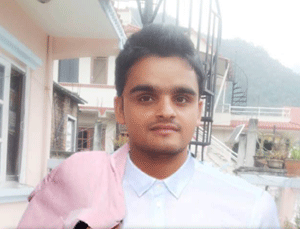 Subhas Chandra Aryal [MSC MEDICAL MICROBIOLOGY}
Subhas Chandra Aryal [MSC MEDICAL MICROBIOLOGY}GOLDENGATE INTERNATIONAL COLLEGE,KATHMANDU
NALANG-3 KAMDI DHADING,NEPAL


